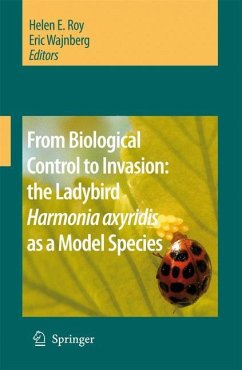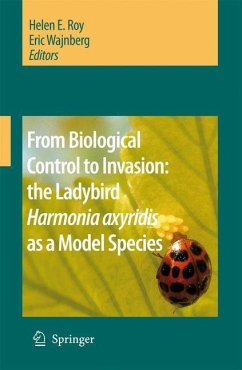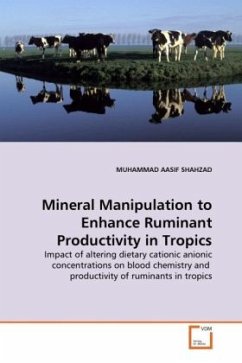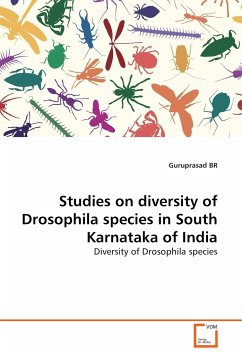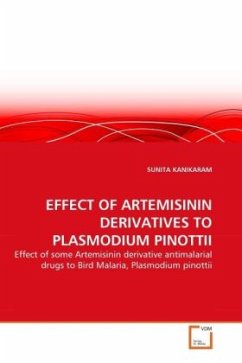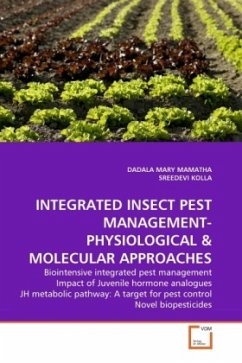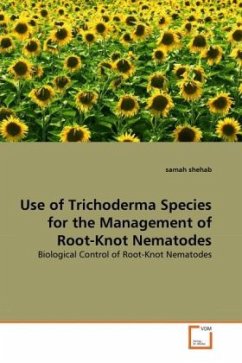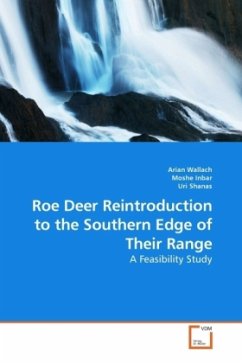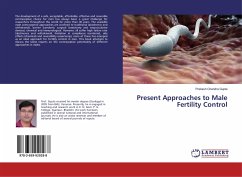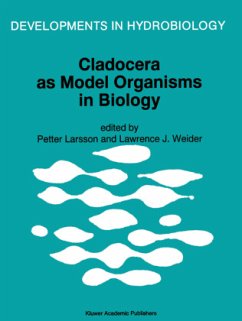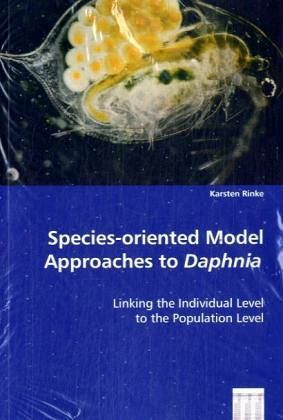
Species-oriented Model Approaches to Daphnia
Linking the Individual Level to the Population Level
Versandkostenfrei!
Versandfertig in 6-10 Tagen
45,99 €
inkl. MwSt.

PAYBACK Punkte
23 °P sammeln!
The scope of this thesis was to develop a comprehensive model system of the genus Daphnia, a key organism in the pelagic food web of lakes and reservoirs and a widely used model organism in experimental and theoretical ecology. Although its central role in applied and basic research in aquatic ecology is obvious, there are still fundamental problems in modelling the observed dynamics of Daphnia (for details see chapter 2). Therefore, a basic motivation of this work was to use scientific results obtained in independently conducted research for developing a model that brings these results into c...
The scope of this thesis was to develop a comprehensive model system of the genus Daphnia, a key organism in the pelagic food web of lakes and reservoirs and a widely used model organism in experimental and theoretical ecology. Although its central role in applied and basic research in aquatic ecology is obvious, there are still fundamental problems in modelling the observed dynamics of Daphnia (for details see chapter 2). Therefore, a basic motivation of this work was to use scientific results obtained in independently conducted research for developing a model that brings these results into context. Instead of following a ?problem-oriented? paradigm applicable to a single, well defined problem or scientific hypothesis, the underlying concept of the emerging model system was considered to be ?species-oriented?. Thus, various relevant processes are included into the framework in order to simulate the dynamics of daphnids displayed on different levels of biological organization



